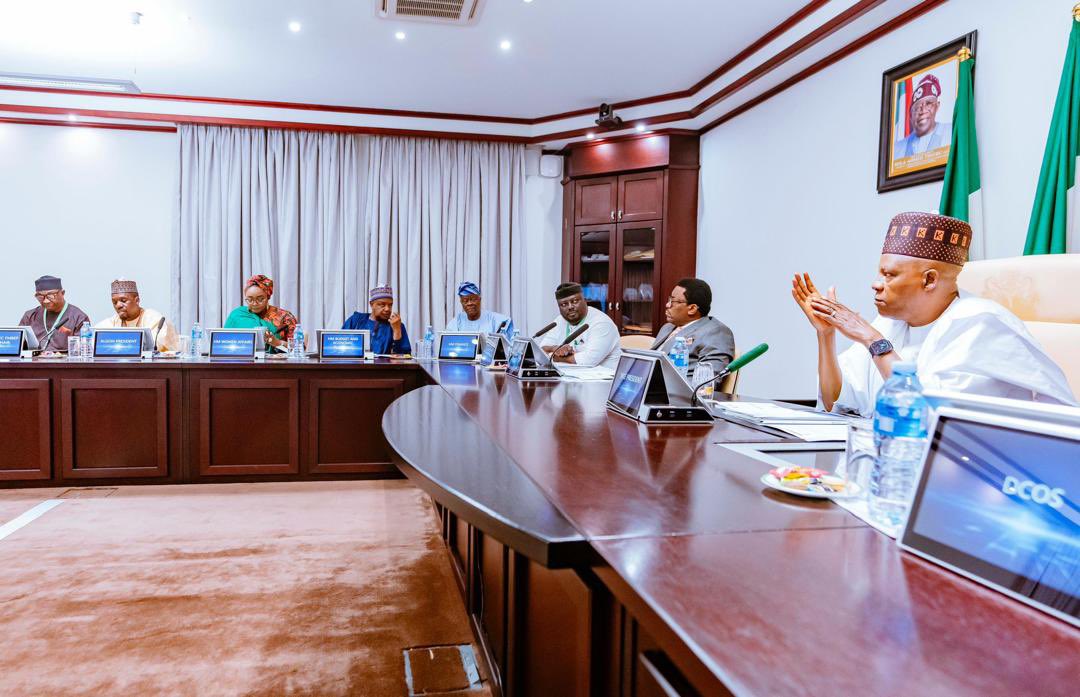
The emerging economic realities in Nigeria explain why the Chinese and Indians are becoming more visible in the energy sector of Nigeria’s economy. The Chinese and Indians, no doubt, are a very hardworking set of people with zero tolerance for indolence. The cost of engaging them in business is comparatively cheaper with higher returns on investment and an end product as qualitative as the quality of supervision on display. Due to their practice of communism and an advantage of numerical strength which they deploy to all their chores, they are attractive to businessmen, the world over.
A close working relationship with the Chinese somewhere in Owerri, with a Chinese oil drilling rig 7017 in partnership with a Nigerian investor circa 1997 revealed how they work. Personnel on board meant nothing to them just as standard drilling practice is paid scant attention except for the quality supervision carried out by the client representative. They work from 06:00hrs to 18:00hrs, just like the civil servants they are. Their 12 hour tour is enough to cover a two-day program and so a well that is supposed to last for three weeks is completed in about two. The Chinese men, at that location, at that time, when they were off duty were surprised that a man or woman can own a house, apparently, a culture shock arising from their first expedition into Nigeria!
Today, almost all the power distribution companies generally referred to as DISCOs have their first choice partners as Chinese. What is questionable is the cost allocated to Automated Metering infrastructure, AMI activities which indigenous Nigerian Sub-contractors, SBCs are asked to work with, and which may put standards at risk. The price offered contractors are nowhere near the template put in place by the Nigerian Electricity Regulation Commission, NERC. A Chinese firm working with a DISCO in Lagos state unilaterally added more responsibilities to each work package, thus putting a large amount of their operational and financial risks on the Nigerian SBCs. For example, this Chinese firm added activities to the SBCs like storage / warehousing, surveying, logistics and GSM configuration to the original cost of installation, even though, it is much lower than the price per job stipulated by NERC. The treatment the SBCs got after their pilot scheme during the bid process is more like what is seen in a mafia movie! The SBCs were asked to put in their commercial offer and when the Chinese firm saw that the quotes they received was against their interest, they called a meeting and told the SBCs that the prices quoted was not what they wanted.
They then decided to call the SBCs separately and compelled them to change the figures to suit them besides making the SBCs sign a 30-page contract they didn’t have enough time to read through. The Chinese company achieved this feat by a combination of blackmail and subtle threats deployed against vulnerable businessmen trying to survive harsh operating environment, loose labour laws and weak oversight enforcement together with powerful Nigerians on their boards. Most of these firms have scant regard for the SBCs even though the additional activities listed have huge financial implications to the SBCs. To cap it all, the Chinese firm made sure the SBCs paid them for training their already experienced staff for a fee besides making sure the SBCs bore the financial risk of paying for meters when the AMI System doesn’t pick up the communication signal from the meter, a fault attributed to the Chinese company’s working procedures.
Most of the Chinese firms have no regard for Nigerian culture and idiosyncrasies which makes some of them, greenhorns, call the SBCs at uncivilized hours to attend meetings in 7 hours! Some third party contractors have had to complain bitterly about how the Chinese are gradually doing the job of the NERC by bringing in their own standards and pricing, and yet, the Nigerian regulators are on “siddon-look” default settings!
The same scenario applies to the Indians who have been in Nigeria long before the Chinese came in and outnumbered them. They are mostly left unregulated in their businesses and anyone who finds this incredible should take an excursion to Indorama Petrochemicals at Eleme in Rivers State as well as Sterling Global Energy in Lagos to see how good their business model is to Nigeria and Nigerians. The danger of the business models enumerated here is capital flight, halt in human capital development and technology transfer, all stacked in favour of our rampaging foreign business partners. If Nigeria and Nigerians must gain tremendously from this emerging realities, then the oversight agencies responsible for supervising these business models needs to wake up from their slumber and do the needful.
If Nigeria must make money from foreign investors and Nigerians must be sufficiently empowered, it is time for the National assembly to pass needed bills and the president to assent to such progressive bills while, at the same time, accelerating enforcement initiatives that will be mutually rewarding to the people of Nigeria and her business partners, otherwise, we may just as well be saving for the rainy day, by storing water in damaged baskets!
Kayode Adeoye in an energy analyst in Lagos.





